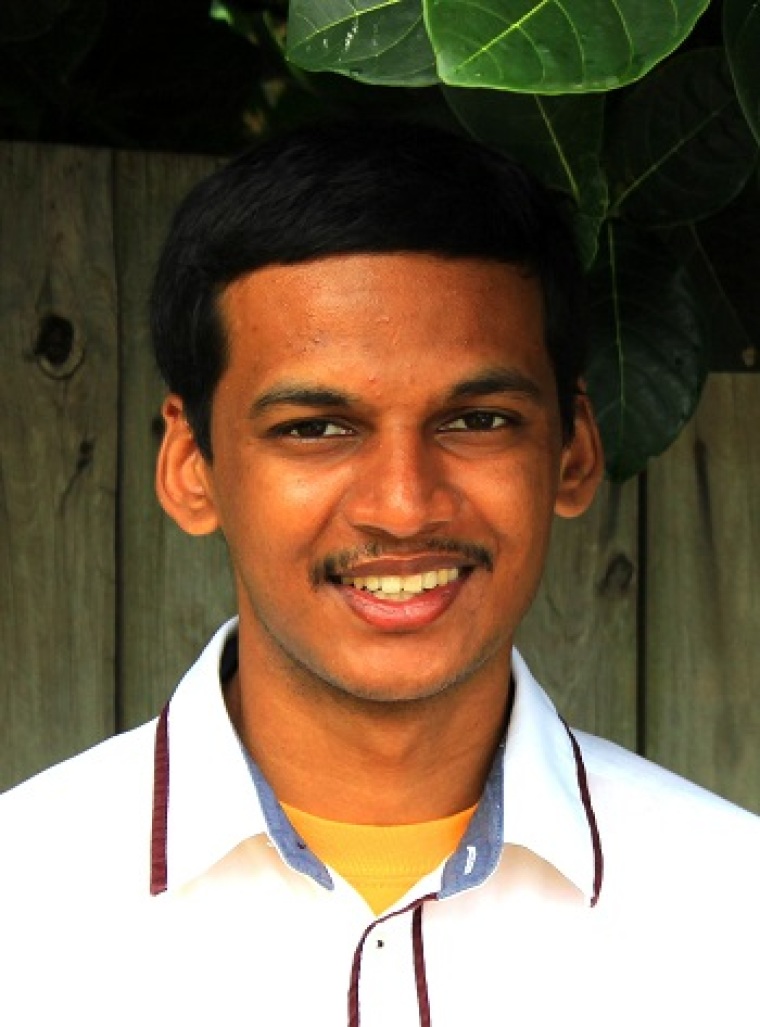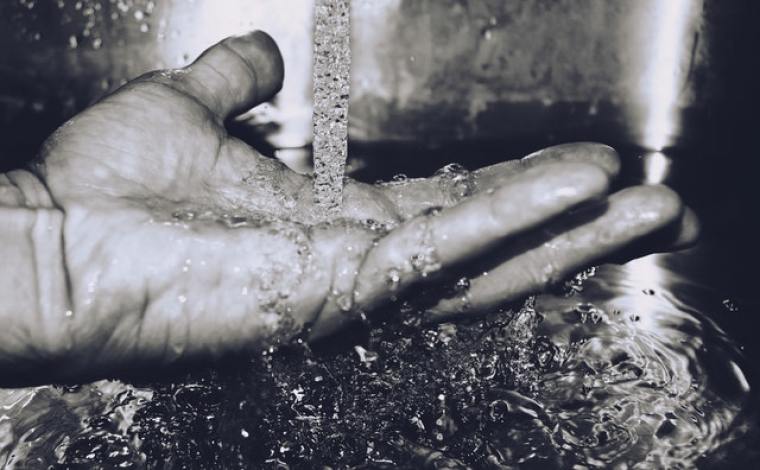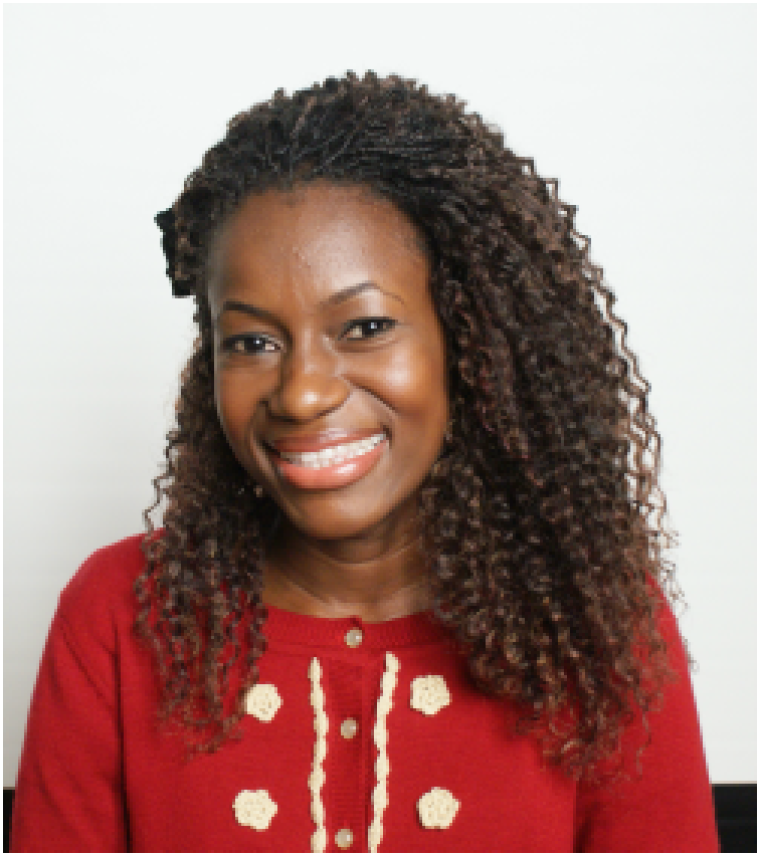

When we think of disabilities, we often think limitation; something which prevents us from truly being our full selves. Or at least I did. That was before I realised disabilities do not have to be debilitating.
The very word, however, still seems to conjure up images of weakened individuals or regret in many people's minds. Why is this so? Perhaps it is because our very perception of what a disability is, and what it isn't, has not been challenged.
Seeing beyond disability
Recently, I was able to meet Tony Doevendans, the main singer in the popular commercial screened as part of the Rio Paralympics. As we were talking about the behind-the-scenes work so many special needs individuals put in for the shooting of the commercial in London, Tony remarked to me that many disabled people are able to see beyond their disability by perceiving what they are able to do.
To me, this distinction is very poignant. In a sense, it sets apart those who are defined by their disability, and those who choose to define their disability in their own terms.
Tony himself is a living example of this. Born with spina bifida, he began singing from an early age and around the time he was chosen to feature in the Channel 4 commercial he had already began singing for major events, such as the Ekka (Brisbane Exhibition), and in a few local shows and churches.
One of the amazing things is, all the special needs persons involved in the filming of this commercial were brought together from all over the world—many had not met before. Perhaps the very disability which prevented individuals from personally being able to connect with wider society was actually able to bring people closer together by changing people's perceptions.
Yet Tony is not alone. There are many, just like him, who do not get their chance to shine until much later in life, until the curtain is pulled back and until the perception of certain people has changed. Really, the fact of the matter is, we all have a disability of some sort—some readily identifiable, others hidden, but nevertheless, a very present reality.
All of us, regardless of where we are from or what our background might be, have had a disability we've been dealing with or trying to conceal from others; yet we know it is there. How we perceive it, especially in relation to others, can either make or break us. Whether or not we choose to identify with it, however, it does and will have an effect on us.
Strength in weakness
I was reading a letter written by a man named Paul who was writing to friends in Corinth, in what is now known as modern-day Greece. He described what to him was a "thorn in the flesh"—which many readers understand to be a reference to a physical disability. However, he refused to let this so-called 'thorn' pin him down. Rather, he was able to come to a point where he found strength in his weakness.
To come to such a place does take time, but is not impossible. Many struggle in life with disabilities which seem to weigh them down; which does happen, especially when the disability is a physical one. Yet others are able to mourn their disability and move on to embrace what they can do—an ability which is a God-given talent to be treasured and recognised.
While I was living in Southern California, I had a friend whom I later found out had cerebral palsy. He never talked about it, and I never asked him about it. But one night after coming back from the movies, he mentioned that cerebral palsy not only affected his physical ability to walk normally, but also his view of the world through his mind's eye and how others viewed him.
Up to that point, I had never thought about how this might have hindered him—he seemed to be the nicest guy, had the catchiest laugh, and he was always ready for an adventure. I realised his perception of how he chose to view the world was not defined by his disability, though always present, but rather was able to see the opportunities in spite of the difficulties.
Have you been discouraged by your disability? Do you know you have one but don't want anyone to know? Has life had a way of turning your disability into a disaster waiting to happen? Often, all we need is a refreshing change in perception.

A third-culture-kid born in Australia to Indian parents, Joseph recently returned from California where he was studying theology at Fuller, and has been working for the US Center for World Mission; his love of books and writing has now drawn him to PSI.
Joseph Kolapudi's previous articles may be viewed at http://www.pressserviceinternational.org/joseph-kolapudi.html